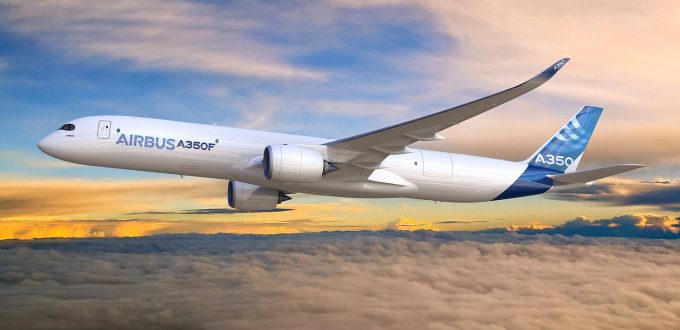New Schiphol tariff hikes unfair on freight and will 'harm air cargo hub' status
Freight will be disproportionately impacted by Schiphol Airport’s proposed new tariffs – a 41% hike ...

It’s been a good week for Airbus as it fights for a foothold in the freighter market: after what appeared to be long negotiations, Etihad has signed a letter of intent for seven A350 freighters and Singapore Airlines (SIA) has finalised its order, also for seven A350Fs.
Etihad has been looking at expanding its freighter fleet – along with many rivals – in the past few months. It shrank its passenger fleet as the pandemic hit, from about 70 widebodies to ...
'Disastrous' DSV-Schenker merger would 'disrupt European haulage market'
New senior management for DSV as it readies for DB Schenker takeover
Volumes set to 'fall off a cliff' as US firms hit the brakes on sourcing and bookings
Asian exporters scramble for ships and boxes to beat 90-day tariff pause
Amazon pushes into LTL for small package fulfilment and UPS does a u-turn
Temporary tariff relief brings on early transpacific peak season
Pre-tariff rush of goods from US to China sees air rates soar, but not for long
Forwarders 'allowing the fox into the chicken run' by supporting 'hungry' carriers

Comment on this article